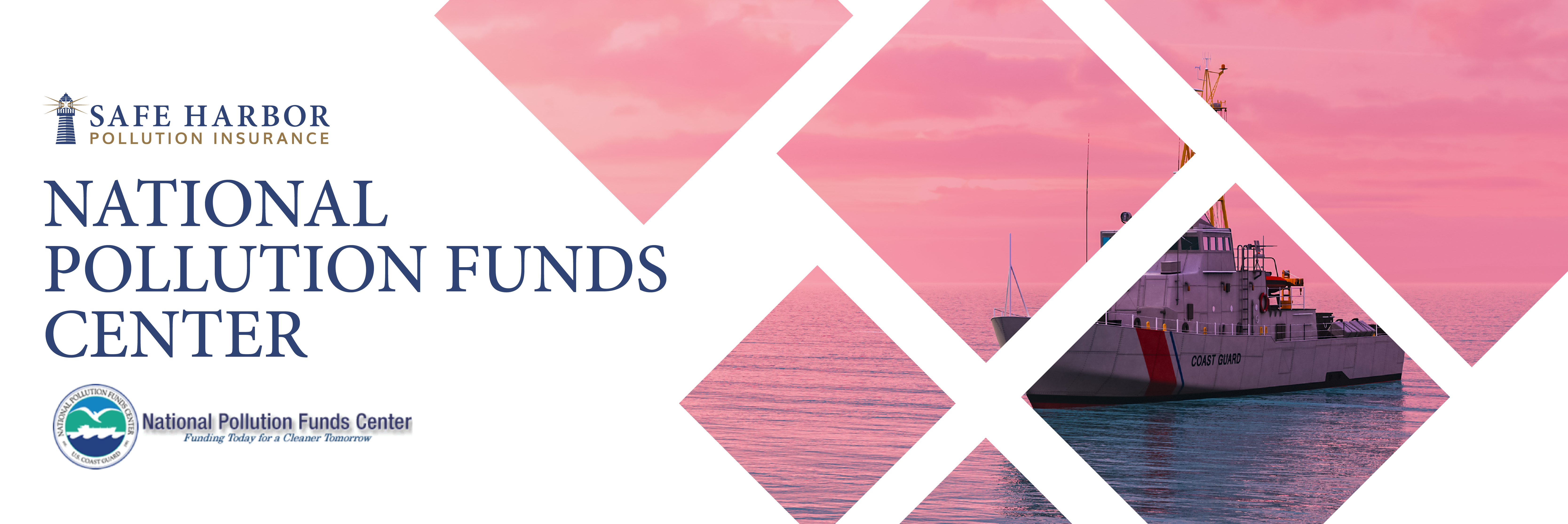Accidents happen. But when accidents happen without proper procedures in place, the effects can be devastating. That’s exactly what happened with the Exxon Valdez oil spill in 1989. The failed disaster relief efforts contributed to the destruction of the local fishing industry, tourism economy, and wildlife habitat.
As a result, the U.S. Congress implemented the Oil Protection Act of 1990 and the National Pollution Funds Center to address the response deficiencies and prevent them from happening again. These provisions outlined proper action and funding allocations during pollution incidents on U.S. waters. Below we’ll discuss how the Exxon Valdez disaster led to changes in legislation.
The Catalysis
On March 24, 1989, the Exxon Valdez, an Exxon Shipping Company oil tanker, spilled 11 million gallons of crude oil into Prince William Sound. At the time, it was the worst oil spill in history, covering 1,300 miles of coastline and killing thousands of seabirds, seals, and otters, among countless other animals.
The U.S. analyzed the disaster and found major holes in the response. For one, the U.S. did not have adequate funds to respond to spills of this magnitude. Another issue was that there was no federal law in place to help recover costs from responsible parties.
The Solution
To address the noted failures in the disaster response, the U.S. Congress passed the Oil Protection Act of 1990 (OPA). This act outlined requirements for preventing, responding to, and paying for oil pollution accidents in U.S. waters. It increased liabilities and penalties, required contingency planning, and expanded financial responsibilities. The act also included Title I, which addressed the liability limits and authorized the Spill Liability Trust Fund (OSLTF) to pay up to $1 billion per accident.
To help implement these provisions of OPA and Title I, Congress ordered the U.S. Coast Guard (USCG) to oversee the National Pollution Funds Center (NPFC). Focused on “funding today for a cleaner tomorrow,” this initiative uses funds to rapidly respond to emergencies. In the event of an oil spill, NPFC administers funds from the OSLTF to ensure a quick response rate, covering the cost of cleanup and damages. The NPFC is also responsible for recovering money from liable parties and certifying that oil-carrying vessels have the means to pay for a potential incident in the first place.
If your vessels are involved in an oil spill incident, you will be held liable and most likely need insurance to help pay the NPFC for damages. Contact us here at Safe Harbor to learn about vessel pollution insurance coverage today.




